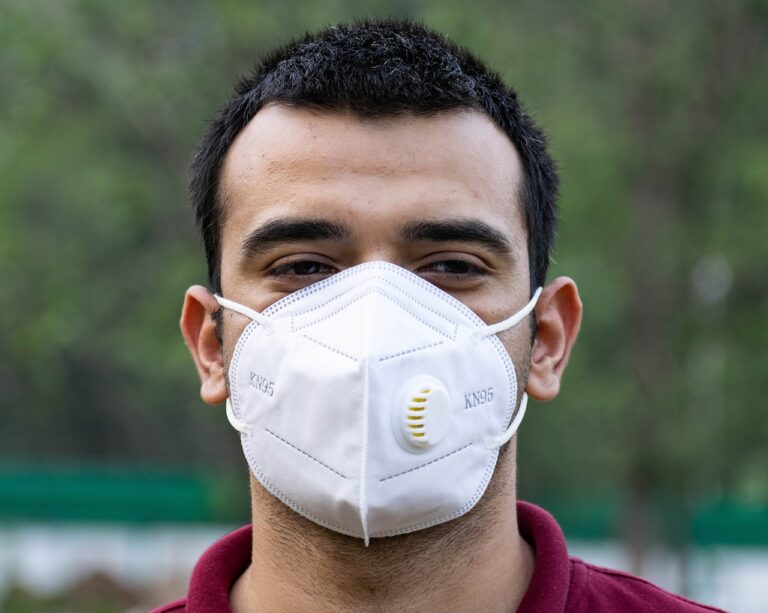Internal Medicine and Geriatrics: Caring for the Elderly Population
11xplay reddy login, reddy anna, golden 777 login: As medical advancements continue to prolong the lifespan of individuals worldwide, the need for specialized care for the elderly population becomes increasingly crucial. Internal medicine and geriatrics are two key medical specialties that focus on the health and well-being of older adults. In this article, we will explore the role of internal medicine and geriatrics in caring for the elderly population.
Understanding Internal Medicine and Geriatrics
Internal medicine is a medical specialty that focuses on the diagnosis, treatment, and prevention of diseases in adults. Internal medicine physicians, also known as internists, are trained to manage a wide range of health conditions, from common illnesses to complex medical issues. They are experts in managing chronic conditions such as diabetes, hypertension, and heart disease.
On the other hand, geriatrics is a specialized field within internal medicine that focuses on the healthcare needs of older adults. Geriatricians are trained to address the unique medical, social, and emotional concerns that come with aging. They work closely with other healthcare professionals to provide comprehensive care for older adults, with a focus on promoting independence and quality of life.
The Role of Internal Medicine and Geriatrics in Caring for the Elderly Population
Internal medicine and geriatrics play a vital role in caring for the elderly population by providing specialized medical care tailored to the needs of older adults. Internists and geriatricians work collaboratively with other healthcare professionals, such as nurses, pharmacists, and physical therapists, to develop individualized care plans that address the specific needs of older patients.
Internists are well-equipped to manage a wide range of medical conditions that commonly affect older adults, such as arthritis, osteoporosis, and Alzheimer’s disease. They are trained to conduct thorough evaluations, order diagnostic tests, and prescribe appropriate medications to manage these conditions effectively.
Geriatricians, on the other hand, are specially trained to address the complex healthcare needs of older adults. They have expertise in managing multiple chronic conditions, cognitive impairment, and functional decline. Geriatricians also pay close attention to issues such as polypharmacy (the use of multiple medications), falls prevention, and end-of-life care.
FAQs
Q: What is the difference between internal medicine and geriatrics?
A: Internal medicine focuses on the diagnosis and treatment of diseases in adults of all ages, while geriatrics is a specialized field within internal medicine that focuses on the healthcare needs of older adults.
Q: When should a person see a geriatrician?
A: Older adults may benefit from seeing a geriatrician if they have multiple chronic conditions, cognitive impairment, mobility issues, or other age-related health concerns.
Q: What services do geriatricians provide?
A: Geriatricians provide a wide range of services, including comprehensive medical evaluations, medication management, falls prevention, advanced care planning, and coordination of care with other healthcare professionals.
In conclusion, internal medicine and geriatrics play a crucial role in caring for the elderly population by providing specialized medical care tailored to the unique needs of older adults. By working collaboratively with other healthcare professionals, internists and geriatricians help ensure that older patients receive comprehensive care that promotes independence, well-being, and quality of life.







